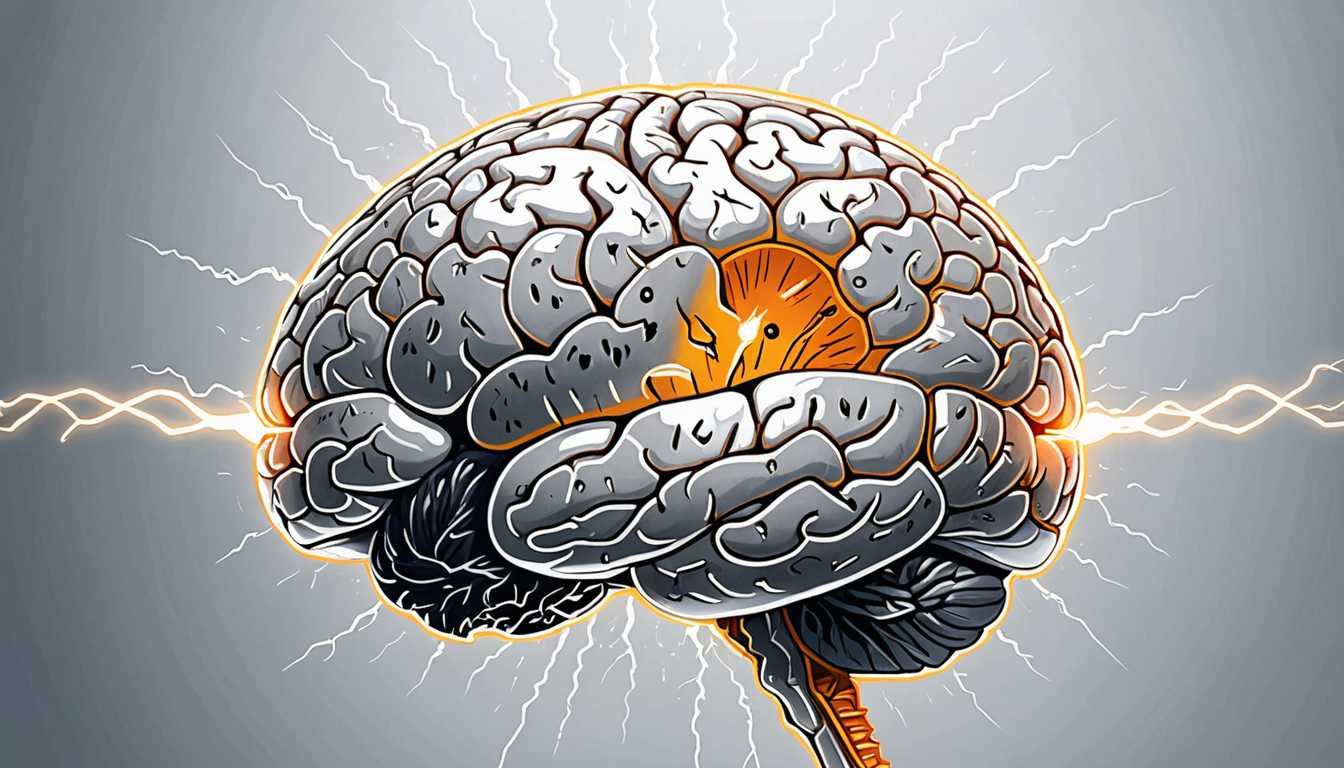Unlocking the Fever Effect in Autism Research
May 2024
MIT News
Introduction
Ever wondered why some people with autism seem to perk up during a fever? Well, scientists at MIT and Harvard are diving into this fascinating mystery! With a hefty $2.1 million grant from The Marcus Foundation, they’re exploring how immune responses during infections might help alleviate autism symptoms. Neuroscientist Gloria Choi and her team are on a mission to understand how this “fever effect” works, potentially leading to new therapies. Check out this mind-blowing article on MIT News!
READ FULL ARTICLEWhy It Matters
Discover how this topic shapes your world and future
Unpacking the Mystery of the Fever Effect
Imagine a world where a simple fever could lead to breakthroughs in understanding autism spectrum disorders (ASD). Recent research reveals that some individuals with autism experience a temporary improvement in their symptoms when they have a fever caused by an infection. This phenomenon, known as the “fever effect,” is a topic of significant interest for scientists and families alike. By studying how this effect occurs, researchers hope to develop new therapies that could help improve the lives of those with autism. This is not just relevant for scientists, it relates to you, too! Understanding the brain and immune system's connection can inspire you to think critically about how health and wellness intersect with education and social interactions, shaping the world we live in.
Speak like a Scholar
Autism Spectrum Disorder (ASD)
A group of developmental disorders that affect communication, behavior, and social skills. The term spectrum indicates that individuals can have a range of symptoms and challenges.
Neurodevelopmental
Relating to the growth and development of the nervous system, which includes the brain, spinal cord, and nerves, and how it affects behavior and cognitive functions.
Immune System
The body's defense system against infections and diseases, made up of cells, tissues, and organs that work together to protect you from harmful invaders.
IL-17a
A type of immune-signaling molecule that plays a role in the immune response and has been linked to the fever effect in autism research.
Biobank
A collection of biological samples, such as blood or tissue, used for research to study diseases and develop new treatments.
Therapeutic
Relating to the treatment of a disease or disorder, aiming to alleviate symptoms or improve health.
Independent Research Ideas
The Role of the Immune System in Neurodevelopment
Investigate how different immune molecules influence brain development and function. This topic is fascinating because it bridges immunology and neuroscience, offering insights into child development.
The Fever Effect and Its Potential for Therapy
Explore how the fever effect could be utilized to create new treatments for autism. This could inspire creative thinking about how natural phenomena can lead to medical advancements.
Comparative Studies of Autism Symptoms
Research how autism symptoms vary in individuals with and without the fever effect. This study could illuminate personalized approaches to treatment and understanding.
Impact of Maternal Health on Child Development
Examine how factors like maternal infection or nutrition during pregnancy can affect the development of autism-like symptoms in children. This topic emphasizes the importance of prenatal care and its long-term implications.
The Relationship Between Gut Health and Autism Symptoms
Investigate how the microbiome (the community of microbes living in the gut) influences autism symptoms. This area of research could lead to innovative dietary or lifestyle interventions for improving health.
Related Articles

Sleep: The Secret to Unlimited Learning!
August 2024
Cornell News Highlights

Genetic Mysteries of Lupus Explained!
May 2024
UC Berkeley

Fighting Cholera: The Phage Revolution Begins
May 2024
McGill University

Antidepressants: The Brain's New Delivery Heroes
June 2024
King's College London - News

Conquering Chronic Inflammation: Your Health Guide
June 2024
Cornell News Highlights